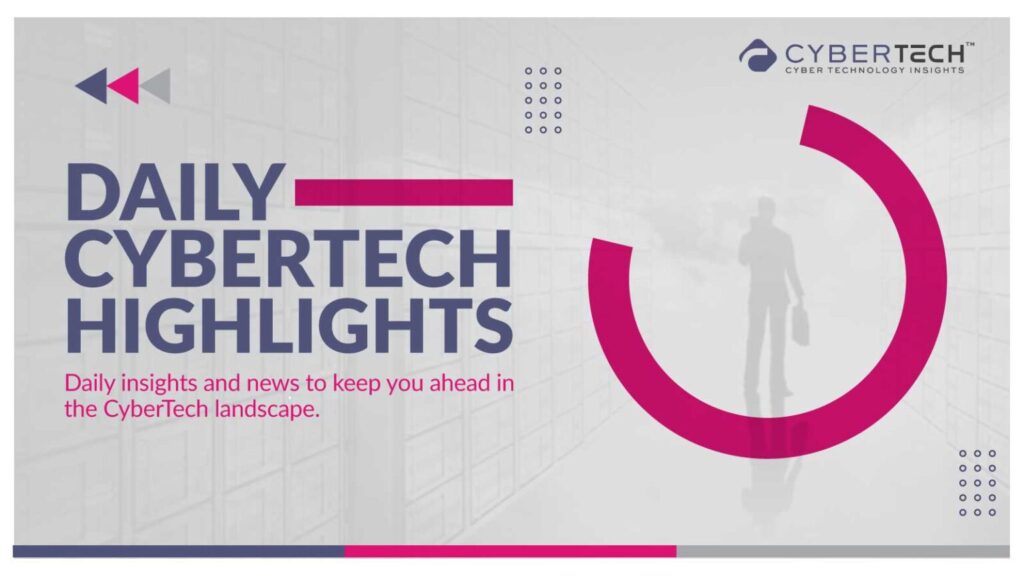Are you sure your Gmail inbox is safe? Cybersecurity experts claim that this is the largest leak of credentials in 2025, comprising more than 183 million Gmail usernames and passwords from accounts sold on underground data forums. This breach serves as a wake-up call that online identities are password-dependent, and sometimes, even that may not be enough.
A Breach That Shook the Internet
Firstly, the huge number of credentials that were stolen and later exposed to the dark web was reported by many publications. The stolen data is alleged to have been taken from old breaches and mixed with new phishing campaigns targeting Gmail users in the United States, Europe, and some parts of Asia.
IBM’s 2025 Cost of a Data Breach Report reveals that the average cost of a compromised credential-based attack has climbed to $4.45 million per incident, a 15% rise from 2023.
According to Google, they are not aware of any hacking of their internal network. However, the company warned that credential stuffing is still a significant risk. In short, the breach is not Google’s fault, but if Gmail users have reused their passwords, they might be the ones to suffer the consequences.
It’s a bit like having a lock on your front door… but putting the same key under the mat for every house you’ve ever lived in.
What’s at Stake?
Just reflect on the extent of the components of your life that are connected with your Gmail account – bank alerts, subscription renewals, tax records, medical reports, and even your two-factor authentication codes. Losing control over just one Gmail account means cyber attackers hold the master key to your entire digital identity.
Security researchers mention that such leaks very often cause serious cases of identity theft, fake transactions, or unauthorized access to files that are stored in the cloud. Once in possession of automated bots, cybercriminals can very quickly initiate the testing of these credentials on a series of platforms targeting users of social networks, e-commerce sites, etc. In order to know on which accounts these credentials will be valid, they are simply looking for working pairs that have not been used elsewhere.
How to Protect Yourself Now
Feeling a bit worried about this? That’s quite a common feeling, and it’s also a good one, because it helps people come up with solutions for the problem. Today, your risk can be significantly lowered if you take the following measures:
- Immediately change your Gmail password. Create a new password that is a combination of at least one uppercase, lowercase, number, and symbol character. Do not repeat your old passwords.
- Put in place two-factor authentication (2FA). By performing this simple action, you add a totally new, indispensable layer of security to your account – even if the culprit has your password, they will probably not be able to access the 2nd factor code, which will be sent to another device of yours.
- Use “Have I Been Pwned” to check your mail. This reliable platform allows you to determine whether or not your data has been involved in any breaches.
- Don’t trust suspicious emails. Phishing activities usually go through peaks right after big leaks, where the attacker pretends to be Google support or an “account verification” service requesting personal details.
- Think about using a password manager. It not only helps you come up with strong and different passwords for each of your accounts but also keeps them safe and accessible to you only.
Yes, these measures may sound more like stuff you have to do to keep your digital life in order, but they really make the difference between comfort in the knowledge that everything is safe and a nightmare in terms of security.
According to Gartner’s 2025 Identity and Access Management Trends Report, organizations that implement password managers and multi-factor authentication reduce credential compromise incidents by up to 80%.
Why This Matters
The breach should definitely serve as a warning signal to not only individuals but also businesses that are mostly dependent on Gmail and Google Workspace. Generally, emails in a business setup can be described as the main doors through which hackers get access to confidential client data, financial systems, and cloud applications.
Cybersecurity experts emphasize that the practice of using the same password for both personal and professional accounts is the biggest risk that will still be around in 2025. To keep up with the scenario where AI-powered phishing and credential-stuffing attacks are increasing in number, security has to be proactive rather than reactive. Gartner Predicts 40% of AI Data Breaches Will Arise from Cross‑Border GenAI Misuse by 2027.
Therefore, the next time you decide to “Save password”, think who else could have it saved?
Conclusion
One could say the most significant piece of information is the one about the exposure of 183 million Gmail accounts. It teaches users the importance of being digitally responsible. Gone are the days when cyber threats were slow and dumb – now they are faster, more intelligent, and almost completely automated. Although Google’s infrastructure may be considered safe, the real question is, are we, the humans, the ones who cause the most security breaches by our habits, such as password reuse, procrastination of updates, and not paying attention to phishing tactics?
Besides protecting your Gmail from potential hackers, it is also essential for the protection of your identity, money, and good name. Each credential is as important as the next in this tightly knit network of the world. So, see this breach as fuel for your fire, not as something to be scared of. Change your passwords regularly, use 2FA if possible, and keep yourself updated. Because, in cybersecurity, prevention is not paranoia; it is power.
FAQs
1. Did hackers get access to Google’s internal systems?
No. There was no hack of Google’s systems. The account credentials that were exposed resulted from third-party leaks and phishing situations.
2. What can I do to know if my Gmail was impacted?
You can visit haveibeenpwned.com. And see whether your email address is one of those that have been disclosed in data breaches.
3. Would changing my password be sufficient?
By itself, not really, but the security that comes with two-factor authentication (2FA) is definitely much better.
4. Are businesses that utilize Gmail at risk?
Definitely – most especially in a situation where employees reuse passwords for different services. Company-wide password resets and 2FA enforcement should be encouraged.
5. What is the most effective method of preventing this from happening again?
Start by writing a different password for each account, use a password manager, and be on the alert for any phishing attempts.
Don’t let cyber attacks catch you off guard – discover expert analysis and real-world CyberTech strategies at CyberTechnology Insights.
To participate in upcoming interviews, please reach out to our CyberTech Media Room at sudipto@intentamplify.com.



